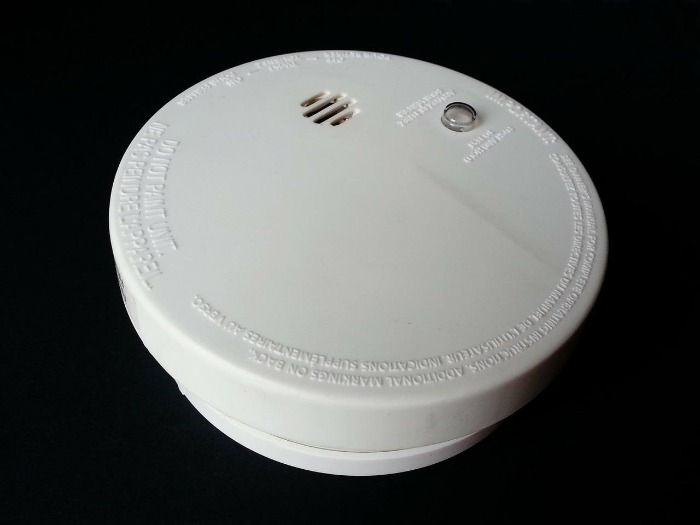
Fire Alarm & Carbon Monoxide Detector: Disposal & Recycling Options
Disposal of Fire Alarms:
Battery-Powered Smoke Alarms:
Remove Batteries: If the smoke alarm is powered by batteries, remove the batteries and dispose of them according to local regulations for battery recycling.
Dispose of the Smoke Alarm: Fire alarms that are no longer functional or past their expiration date should be disposed of in the regular trash unless otherwise specified by your local waste management. Since they contain electronics, they should not go into the recycling bin.
Hardwired Smoke Alarms:
Remove from the Wall: Hardwired fire alarms should be removed from their installation, and any wiring should be safely disconnected.
Check for Local E-Waste Recycling Programs: Some local e-waste recycling programs may accept fire alarms, especially if they contain electronic components like circuit boards.
Proper Disposal: If your community does not have specific recycling options, dispose of these devices in the regular trash, but ensure they are no longer in working condition to prevent accidents.
Disposal of Carbon Monoxide Detectors:
Battery-Powered Carbon Monoxide Detectors:
Remove Batteries: Just like smoke alarms, remove any batteries before disposal and recycle them if possible.
Dispose of the Detector: For the detector itself, you will likely need to dispose of it in regular trash unless there are specialized e-waste recycling facilities in your area that accept them.
Hardwired Carbon Monoxide Detectors:
Disconnect Properly: For hardwired models, disconnect the device and ensure it is no longer operational.
Recycling Options: Check if your local e-waste recycling center accepts carbon monoxide detectors. These devices contain electronic parts, so some may be eligible for recycling.
Regular Disposal: If no specific recycling option is available, dispose of it in the trash, ensuring all batteries have been removed and properly recycled.
Important Notes:
Avoid Disposing of Batteries with Regular Trash: Batteries (especially lithium, lead-acid, or rechargeable) should not be disposed of with regular trash. They must be taken to a specialized recycling facility or disposal center.
Regulations: Some communities or municipalities have specific rules for the disposal of smoke and carbon monoxide detectors, so always check with your local waste disposal or recycling service for proper guidelines.
Check Expiry Dates: Fire alarms and carbon monoxide detectors have a lifespan (typically 5-10 years). Make sure to replace them according to the manufacturer's recommendations and dispose of expired units correctly.
Properly disposing of or recycling these safety devices can help ensure that toxic materials like certain batteries or electronic parts are handled responsibly and reduce environmental impact. Let me know if you need information on specific recycling programs for these items!

